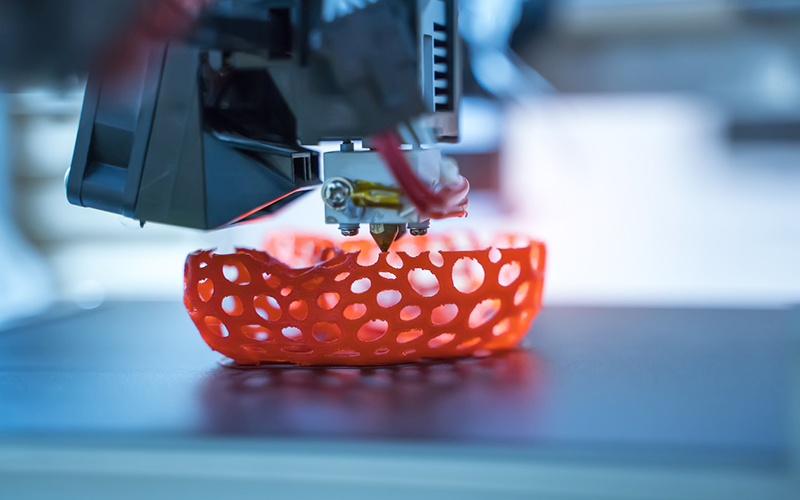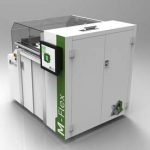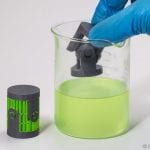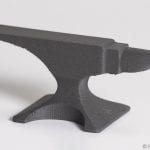Using human blood cells, Brazilian researchers have succeeded in obtaining hepatic organoids (“mini-livers”) that perform all of the liver’s typical functions, such as producing vital proteins, storing vitamins, and secreting bile, among many others.
.
The innovation permits the production of hepatic tissue in the laboratory in only 90 days and may in the future become an alternative to organ transplantation. The study was conducted at the Human Genome and Stem Cell Research Center (HUG-CELL). Hosted by the University of São Paulo (USP), HUG-CELL is one of the Research, Innovation and Dissemination Centers (RIDCs) funded by São Paulo Research Foundation – FAPESP.
.
This study combined bioengineering techniques, such as cell reprogramming and the cultivation of pluripotent stem cells, with 3D bioprinting. Thanks to this strategy, the tissue produced by the bioprinter maintained hepatic functions for longer than reported by other groups in previous studies. More stages have yet to be […]
Click here to view original web page at www.news-medical.net






























0 Comments